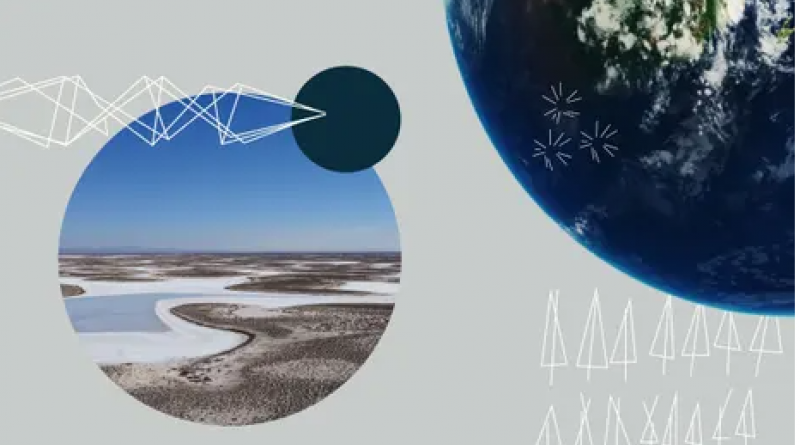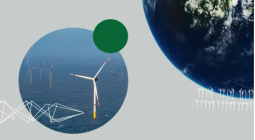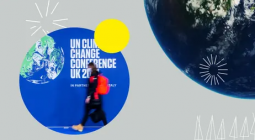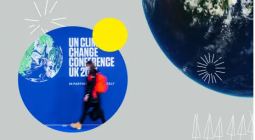What happened at Cop26 – DAY FOUR at a glance

Summary of the main developments on the fourth day of the UN climate summit in Glasgow
About half the world’s fossil fuel assets could become worthless by 2036 under a net zero transition, new research has found. A drop in demand for oil and gas will reshape the geopolitical landscape, with countries that are slow to decarbonise likely to suffer but early movers will profit.
Country pledges at Cop26 could limit global temperature rise to 1.8C, according to the International Energy Agency. The figure is lower than the 2C prediction made a day earlier. However, others have warned not to get complacent with estimates. The world remains on “a 2.7 degree pathway, a catastrophic pathway,” said Selwin Hart, UN special adviser.
Global carbon emissions are shooting back to the record level seen before the coronavirus pandemic, analysis has shown. Scientists said the finding is a “reality check” for the world’s nations gathered at the Cop26 climate summit.
Countries have failed to adapt for unavoidable climate damage, the UN has said, despite the fact that extreme weather driven by climate breakdown is hitting the world “with a new ferocity”.
Only 2% of the Great Barrier Reef has escaped coral bleaching since 1998, a study has found, dashing hopes that parts of the world’s largest coral reef system can recover.
UK activist group Insulate Britain blocked Parliament Square in central London. The protest was an apparent response to critics who have accused them of targeting the wrong people. The group is calling on the government to commit to a programme to insulate all Britain’s homes.
Scotland’s largest train operator, ScotRail, has said upwards of 50,000 people are expected at a Saturday protest, and warned travellers that its services in and out of Glasgow will be “extremely busy” this weekend. About 8,000 to 10,000 people would take part in Friday’s youth protests, it added.
4 November 2021
The Guardian




